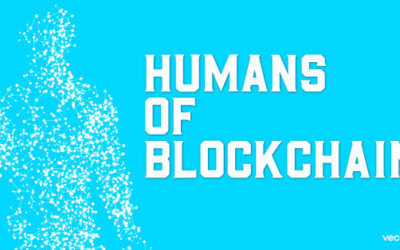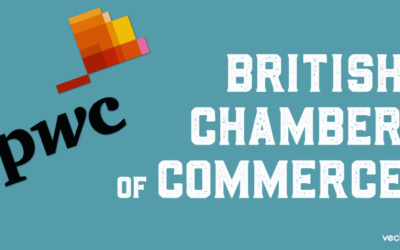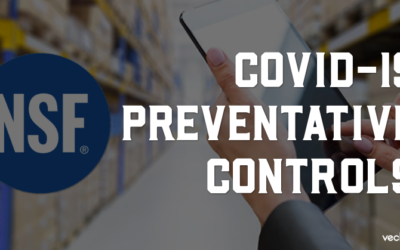During the recent AMA with VeChain’s CEO Sunny Lu, Sunny disclosed that VeChain was working with DNV GL on a project with a “fast fashion brand” that they had previously partnered with.

This led to immediate speculation about which “fast fashion brand” was the subject of the partnership, to which many deduced was H&M. In the past, VeChain had worked with H&M subsidiary Arket to verify the organic manufacturing process of their beanies and other apparel items.
Arket was one of the original VeChain partnerships, showcasing their sustainable origins in stores across Europe.

Chinese media platform “Uncle Cat” began to look into the matter, and soon discovered their fashion brand COS. COS is a high-end label under the H&M brand with over 270 stores globally, including Shanghai. After some investigative research, they found a My Story™ label on a COS pullover with a My Story™ tag.




For COS, transparency and verification is a huge part of their brand image. Considering the Head of Global Sustainable Development at H&M has said that all products produced by the apparel giant will use more sustainable or recyclable materials by 2030, it should come as no surprise that they elected to continue their partnership with VeChain. The brand COS uses high-quality left-over materials to produce a low-carbon fashion product, a perfect use case for blockchain verification.
From the beginning, My Story™ has grown from an authentication platform for Italian red wine, to verifying other products like Norwegian Salmon, to other food products, and now clothing.
For public blockchain leader VeChain, this news helps to support the philosophy that open data solutions will be preferred by both consumers and brands. It’s becoming more and more indisputable that brands will seek a public solution when helping consumers realize the organic or high-quality processes that go into an authentic product.





